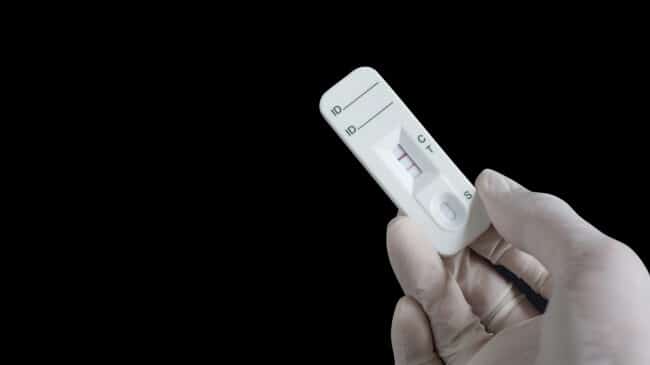According to a University of Pennsylvania report, the use of certain field tests for drugs could be the largest known cause of wrongful arrests and convictions in the United States. These field tests are unreliable at detecting drugs and should be replaced by laboratory testing before suspects are arrested and guilty pleas are accepted.
More than half of the 1.5 million drug arrests in the United States each year involve the use of what’s called a presumptive drug test. These tests provide a fast, inexpensive tool for determining whether an illicit substance is present at the scene of an investigation or stop and often serve as probable cause for arrest. However, presumptive field tests are not designed to be conclusive or identify the presence of a particular drug. They are known to be unreliable and produce false positive results.
Yet thousands of Americans are arrested and convicted (overwhelmingly through coercive plea bargaining) for drug possession in cases where presumptive tests were not confirmed by subsequent laboratory testing. The Quattrone Center at the University of Pennsylvania Law School estimates that approximately 30,000 people are falsely implicated by presumptive field drug tests each year.
Field tests are a near-ubiquitous tool in the war on drugs. The tests use chemical reagents to react to compounds found in illicit substances, producing color changes to indicate the presence of a particular compound. However, many legal substances also cause reactions that produce false-positive test results.
Additionally, the accuracy of these presumptive tests can be affected by environmental factors, such as temperature and humidity. Improper storage, handling, or administration of the tests can further compromise their reliability. Finally, because the interpretation of color changes relies on the subjective judgment of law enforcement officers, the tests are also prone to user error. Error rates as high as 38% have been recorded in some contexts, according to the Quattrone Center report.
Even the manufacturers of presumptive field test kits warn that confirmatory lab testing is necessary. However, in most cases, confirmatory tests are not conducted prior to an arrest or entry of a guilty plea.
Proponents of field drug tests argue that false positives are harmless because these tests are not designed to be relied upon at trial. While this is true in some states, there is no uniform standard on the admissibility of field tests at trial.
For example, in Georgia, these tests are regularly used at trials to prove drug possession without a confirmatory laboratory test conducted. Additionally, these tests can be used to coerce defendants into entering a guilty plea despite their error rate, as plea bargains resolve 95% of criminal cases.
In a survey conducted by the Quattrone Center, 89% percent of prosecutors reported that they accepted guilty pleas without any confirmatory laboratory testing. Sixty-seven percent of drug labs reported that they were not asked to review alleged drug samples when there were pending plea agreements, and 24% of them did not receive samples for confirmatory testing even when field test results were available.
Additionally, even when laboratories receive samples from field tests, 46% report that they do not conduct follow-up tests when there is a guilty plea, and 8% reported they do not retest a sample if there is a presumptive identification. Many defendants are pleading guilty to crimes even though there isn’t reliable evidence of their drug use.
There must be reform to the widespread use of these field drug tests. States should require confirmatory laboratory testing before accepting a guilty plea or allow for withdrawal of a guilty plea after a finding of no controlled substance present.
States should also limit the use of field drug tests that rely on chemical reaction colors and switch to more accurate tests that identify chemical compounds by their structure. States could also simply ban the use of these color-based field tests and rely entirely on laboratory testing for convictions. At the very least, there must be regular audits of cases having used presumptive field drug tests to determine the total false positives rate.
Drug field tests create a presumption that defendants are guilty of a drug offense until they prove themselves innocent. Over half of drug arrests and many convictions involve the use of these field tests with no confirmatory follow-up testing despite the well-known problem of false positives. We must end the practice of relying solely on these field tests for guilty pleas and trials by requiring confirmatory laboratory tests in all cases.

